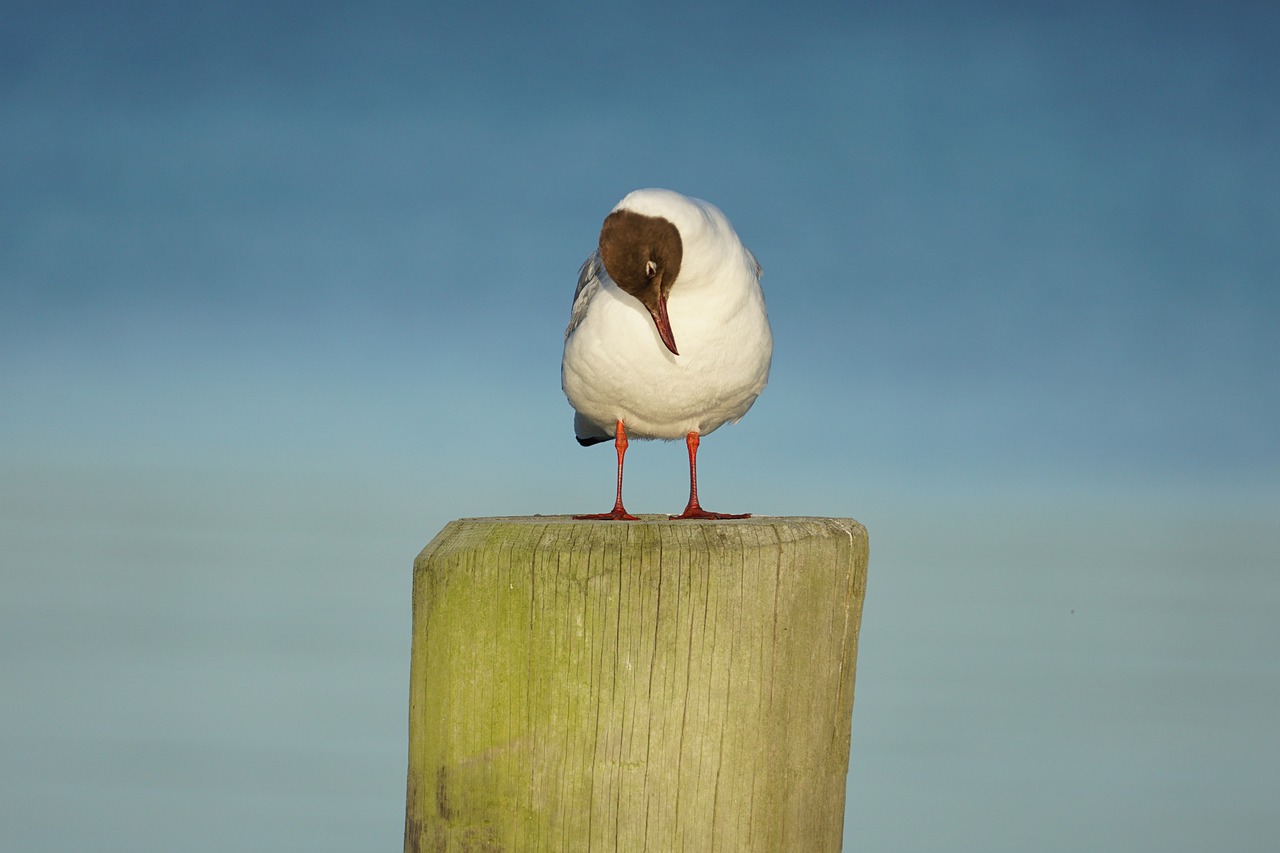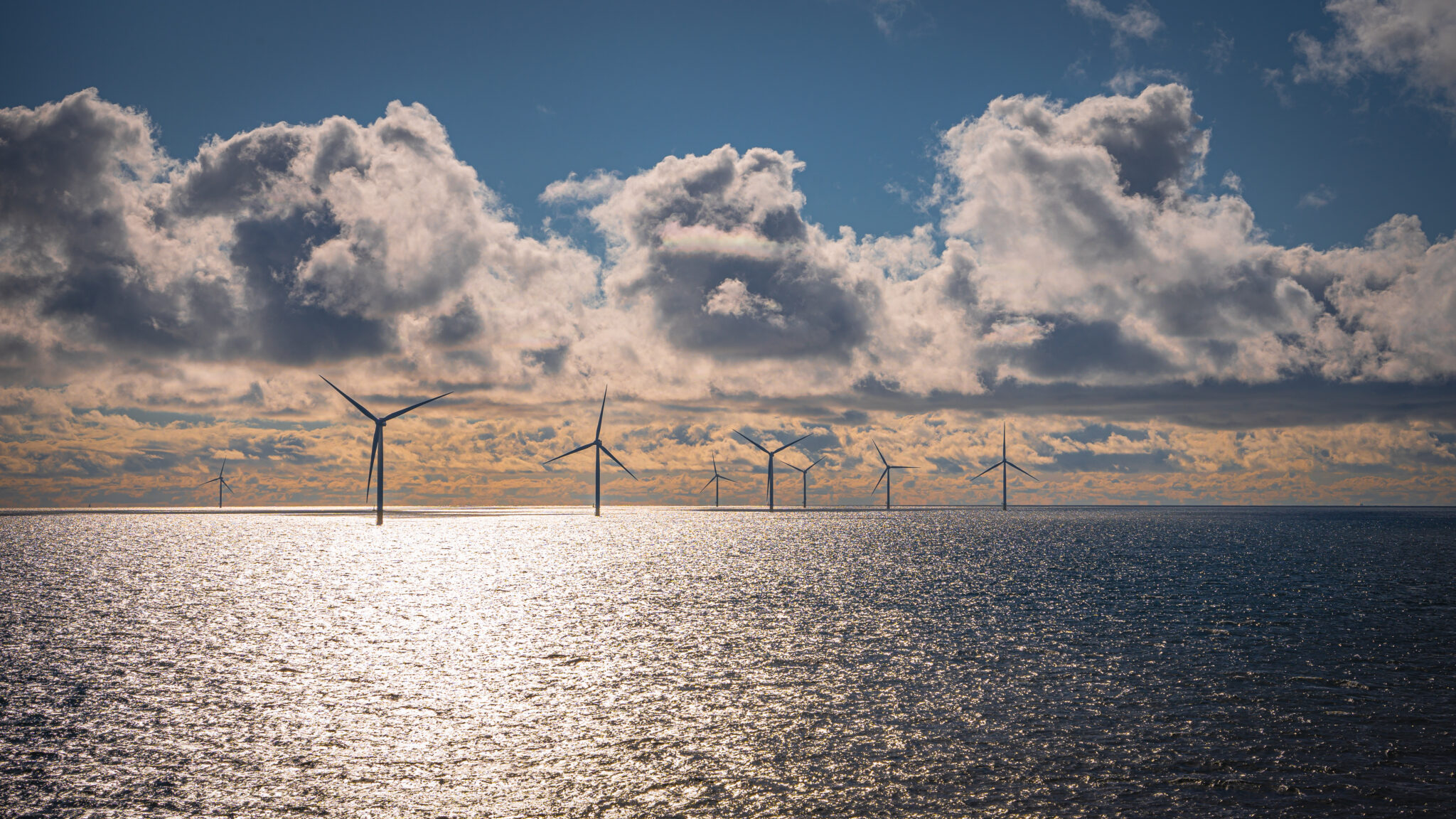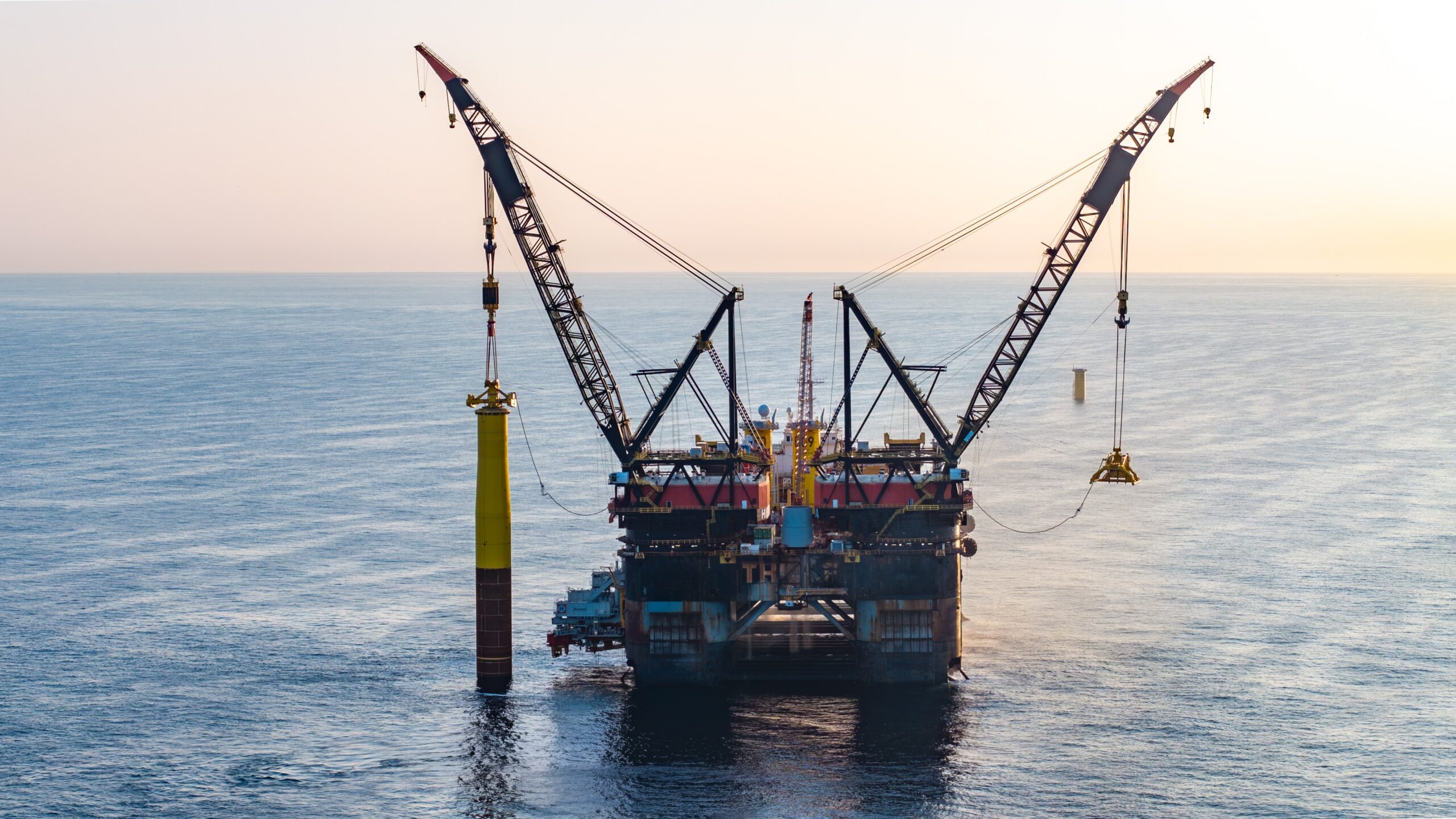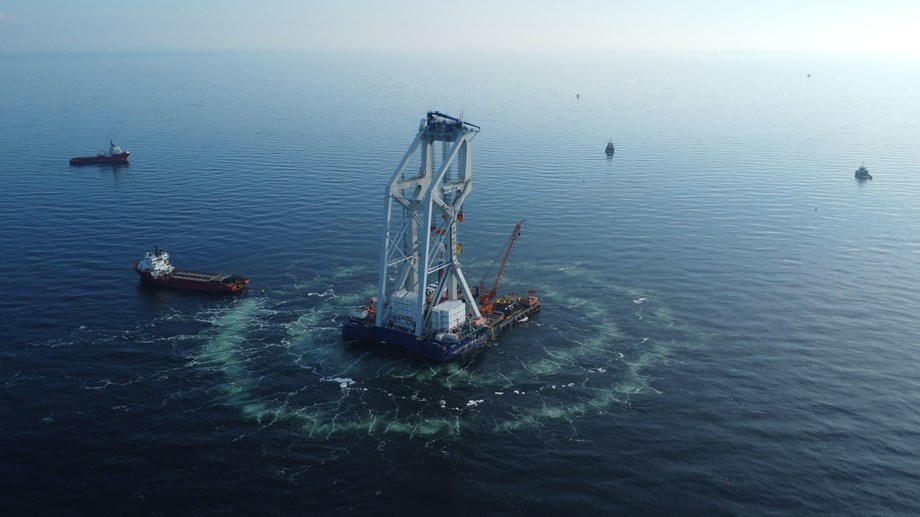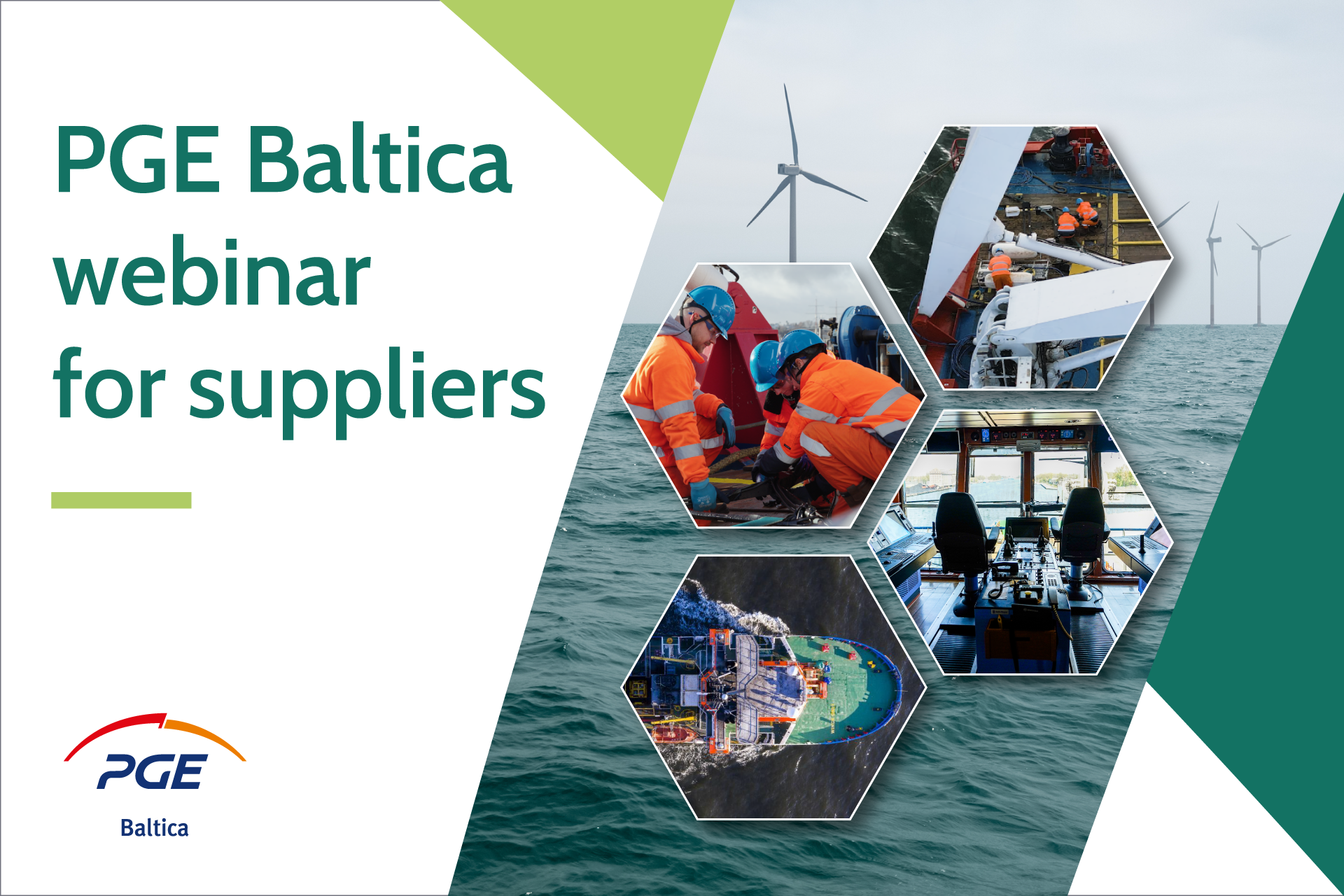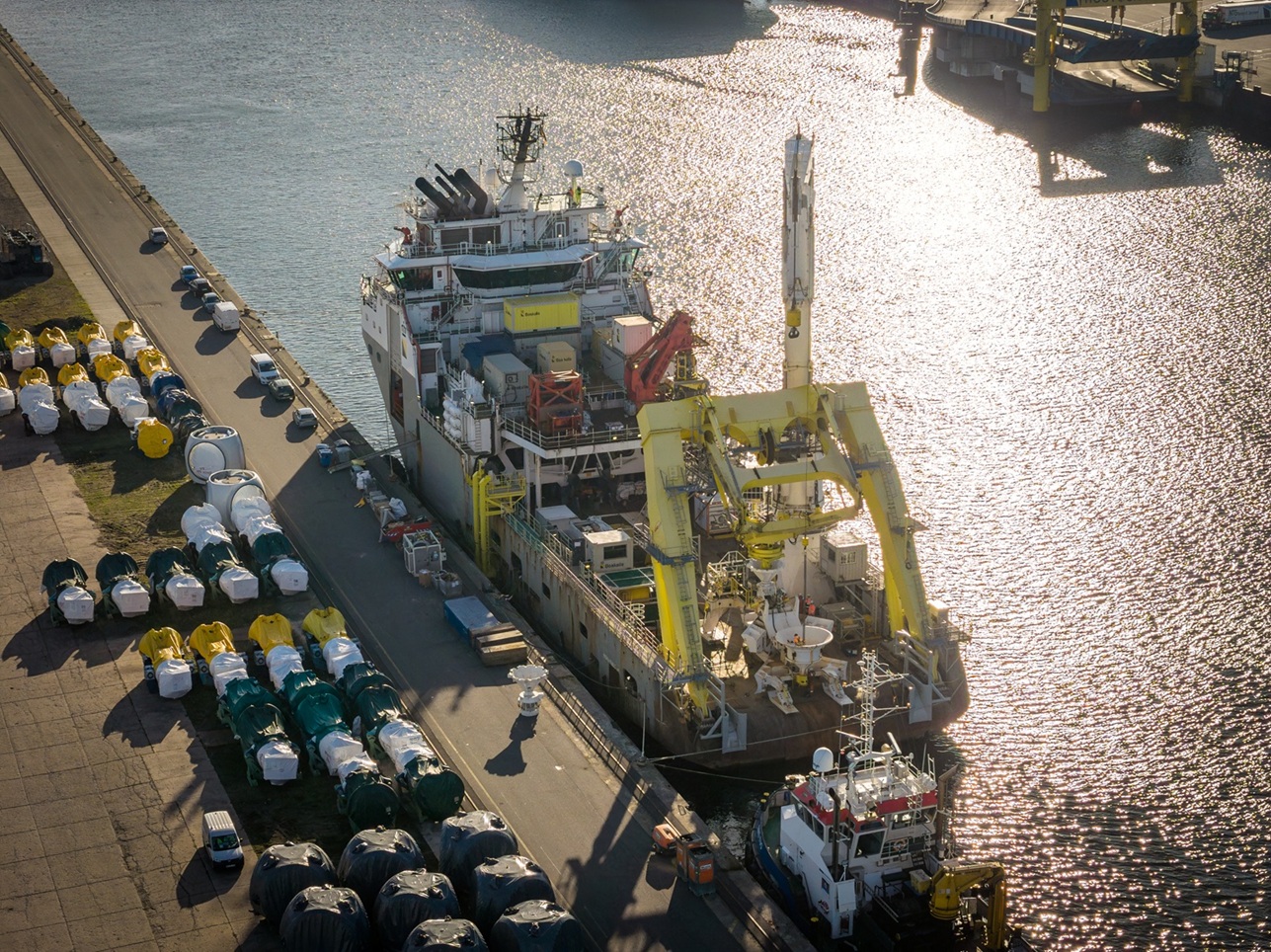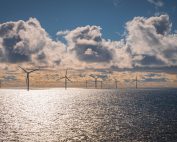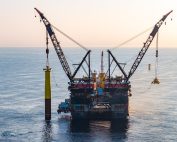Environmental organizations are speaking out in response to plans for further expansion of offshore wind in Germany. Bund für Umwelt und Naturschutz Deutschland (BUND) is calling on the German government to treat nature conservation equally to electricity production goals. This includes offshore wind energy.
In view of the ongoing legislative procedure for the accelerated development of RES (amendment of the EEG and Wind-on-Sea Act) and Monday’s hearing in the Climate Committee, Bund für Umwelt und Naturschutz Deutschland (BUND) is calling on the German government to treat nature and species conservation equally to energy production.
“Both the widespread efforts to develop offshore wind energy and the possible legal loopholes that allow the continued operation and promotion of small hydropower plants to do more harm than good for climate protection”, argues BUND in a release.
Olaf Bandt, President of BUND, emphasizes that the climate and energy crisis requires rapid yet environmentally friendly development of RES. Too much offshore wind power is associated with loss of marine biodiversity and radically alters the North Sea. Healthy seas are an essential part of stemming the climate crisis. He adds that the expansion of offshore wind power to 75 GW and the associated cable connections running through the Wadden Sea must be reconciled with marine and coastal nature conservation. It is the only way to achieve European conservation objectives such as Natura 2000, the EU Birds Directive (2009/147/EC of 30 November 2009) and the Marine Strategy Framework Directive, as well as the long-term protection of the UNESCO Natural Heritage-listed Wadden Sea.
BUND is a grassroots NGO founded in 1975 to promote conservation and environmental protection. BUND engages in policy-making processes on environmental, climate, transport, chemicals and agricultural issues. They support renewable energy and oppose nuclear development.
For Germany, the development of offshore wind energy is crucial due to its Energiewende energy policy, the fight against climate change and the development of the hydrogen economy. After the outbreak of the war in Ukraine, Germany has been seeking to become independent from Russian supplies of raw materials through investments such as FSRU LNG terminals. Energy from wind turbines is expected to support energy independence goals.
